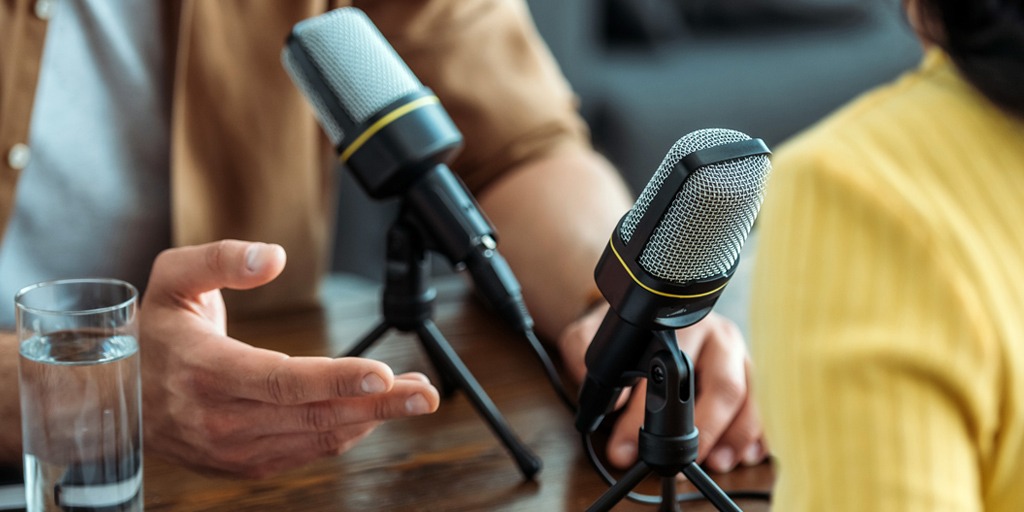A new NIEHS Partnerships for Environmental Public Health podcast titled “Engaging Youth in Research” highlights exciting outreach efforts by James Nolan and Jessica Cabrera, who are affiliated with the institute-funded Center for Environmental Research and Children’s Health at the University of California, Berkeley.
Focused on the next generation
Nolan and Cabrera work with the Center for the Health Assessment of Mothers and Children of Salinas Youth Council, which aims to help train the next generation of environmental health scientists. More than 100 individuals have participated since the initiative began a decade ago. They gain hands-on scientific experience as well as training on professionalism, and some can even apply for paid summer research jobs.
Born in the Salinas Valley of California, Cabrera joined the Youth Council three years ago as a sophomore in high school. She works with Nolan, who heads the council, on the Lifting Up Communities by Intervening with Research study. The aim of that project is to analyze exposure to carcinogens from household cleaning products used by professional household cleaners in the Salinas Valley.
Inspired to learn, share knowledge
“I really feel glad to be an agent of change in my own community and to say that I’m helping people switch to green cleaning, which is overall better for their health and for the environment,” Cabrera said. “This is really what inspires me the most to continue learning.”
Cabrera plans to double major in computer science and public health. Eventually, she would like to create user-friendly apps and websites to inform communities about the potentially toxic effects of inhaling household chemicals.
“The potential for positive impact in their communities is huge,” said Nolan. “The more people we have doing this kind of work coming from different backgrounds and different cultures, the richer the work, the more robust the findings are, and therefore the more advanced and sophisticated our solutions can be.”
(Janelle Weaver, Ph.D., is a contract writer for the NIEHS Office of Communications and Public Liaison.)
Source link
factor.niehs.nih.gov

